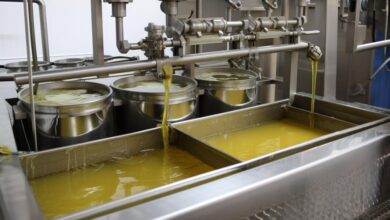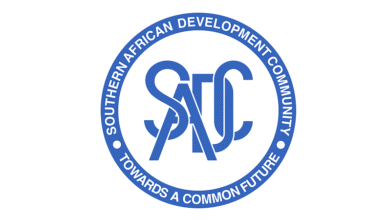Uncertainty Surrounds ZiG’s Long-Term Performance, Says Dairibord

Dairibord Holdings Limited, a prominent manufacturer and marketer of quality milks, foods, and beverages in Zimbabwe, recently highlighted concerns regarding the long-term performance of the Zimbabwe Gold (ZiG) currency in its latest financial results. The company, listed on the Zimbabwe Stock Exchange, released its half-year financial report for 2024, showcasing a 12.87% increase in revenue, amounting to US$54.71 million. This growth was attributed to both volume increases and strategic price adjustments.
Despite the revenue growth, Dairibord faced challenges, as its EBITDA fell by 53.32% to US$5.09 million, largely due to rising costs and pressures on working capital. Nevertheless, the company managed to turn around a prior loss of US$0.74 million to achieve a profit after tax of US$3.06 million.
A significant concern for Dairibord is the long-term viability of the ZiG currency, which was introduced in April 2024. The company pointed out that the uncertainty surrounding ZiG poses currency risks, especially since foreign currency revenue accounted for 76% of total revenue, down from 84% reported in December 2023. The shift towards the ZiG represents a potential risk as its long-term performance remains unproven.
Dairibord expressed optimism regarding the change in its functional and presentation currency to the US dollar, anticipating that it will provide a clearer picture of the group’s financial performance and enhance transparency for investors. The report highlighted the importance of this transition amid a market shift towards the ZiG.
Operationally, Dairibord has seen a 40% increase in raw milk intake year-on-year, solidifying its market share to 36%. While liquid milk sales surged by 21%, food volumes increased by 25%, beverages, however, faced an 8% contraction, influenced by price adjustments and difficulties in obtaining small change.
The company also noted an improved export position, with exports contributing 9% of overall sales, reflecting a 59% increase from the previous period. Despite these successes, Dairibord operates in a challenging environment, grappling with drought conditions that threaten to hamper economic growth, escalate food inflation, and reduce raw milk production.
For the future, Dairibord projects revenue growth of 3.7%, targeting US$119.87 million, although EBITDA margins are expected to remain under pressure due to inflation. The management team is committed to focusing on cost reductions and expanding export activities, which include plans for full commercialization of toll manufacturing operations in South Africa.
In a strategic move, the board has decided against declaring a dividend for the period, opting to reinvest profits back into the business, which may provide a buffer against the uncertainties posed by the ZiG and the prevailing economic climate.
As Dairibord navigates these challenges, the establishment of a robust long-term strategy in light of currency fluctuations will be crucial for sustaining its growth trajectory in the competitive food and beverage market in Zimbabwe.




